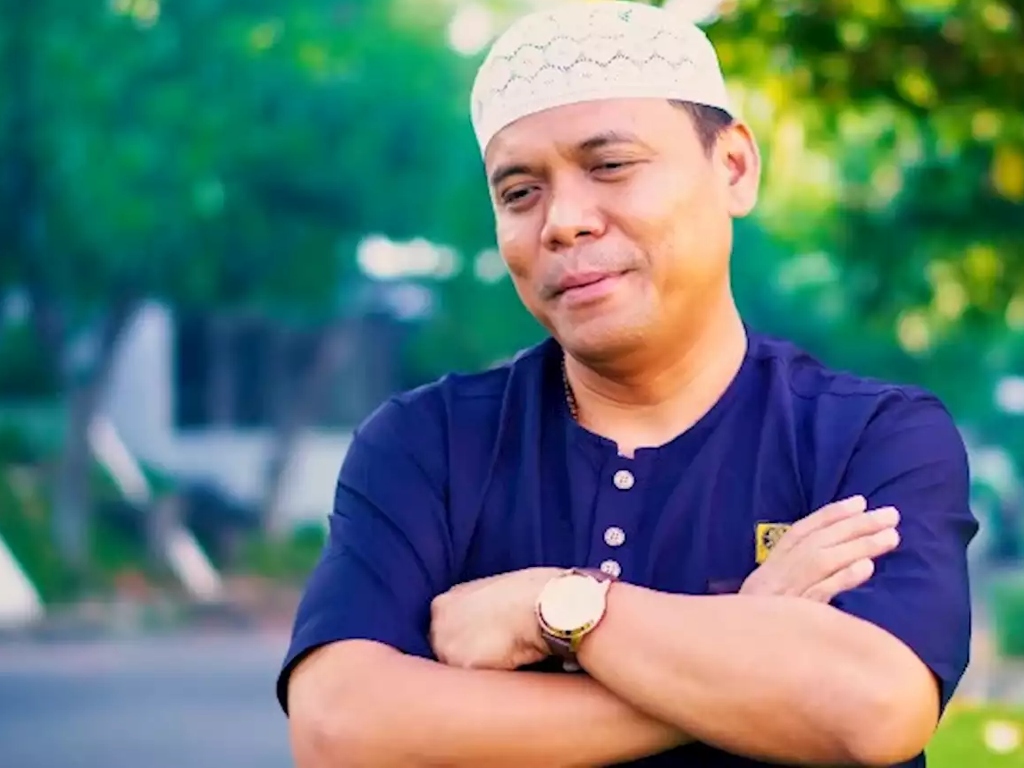

5/1986 tentang Pengadilan Tata Usaha Negara (the 2nd Amendment of Law 5/1986 on Administrative Court). Law 51/2009 on Perubahan kedua Undang Undang No. Law No 48/2009 on Kekuasaan Kehakiman (Judicial Power). 28/1999 on Penyelenggaraan Negara yang Bersih dan Bebas dari Korupsi, Kolusi dan Nepotisme (Clean Governance and Corruption, Collusions and Nepotism Free). 17 /2007 on Pembangunan Menengah Jangka Panjang Nasional (the National Long-Term Development Plan) 2005-2025. 39/1999 on Hak Asasi Manusia (Human Rights Law). The 1945 Constitution of the Republic of Indonesia The final part of this article will provide conclusions and recommendations for policymakers to address the societal problems by employing the human rights approach in tackling poverty and reducing the negative impacts of developments. In addition, it will also employ the human rights-based approach in assessing the regulation and policies adopted by the Indonesian authorities. the normative legal method, to answer the research questions. This study will use the classic legal research method, i.e. Furthermore, it will assess whether these mechanisms can be employed to address the effect of development programmes which disproportionally affect people living on river banks. It will also investigate the available accountability mechanisms at both the international and national level. Rather, it will examine whether relocation and resettlement due to development programmes can be addressed from a different perspective focusing on human rights as a means to eliminate poverty. This article will not address the legal issues of the relocation. As part of flood prevention programmes, the Jakarta government has evacuated and emptied the river bank settlements and has relocated the residents to rented, public high-rise housing provided by the municipality. These regular floods cause billions of Indonesian Rupiah’s (IDR) in damages annually. Not only do the river bank settlements suffer from floods, but also other settlements as well as offices in Jakarta encounter similar effects. For example, people living on the river banks in Jakarta regularly experience flooding due to adverse environmental conditions. Inadequate housing and living conditions increase vulnerability to other problems. Millions of the most deprived people worldwide live in slums with a lack of access to adequate water, hygiene and sanitation.


 0 kommentar(er)
0 kommentar(er)
